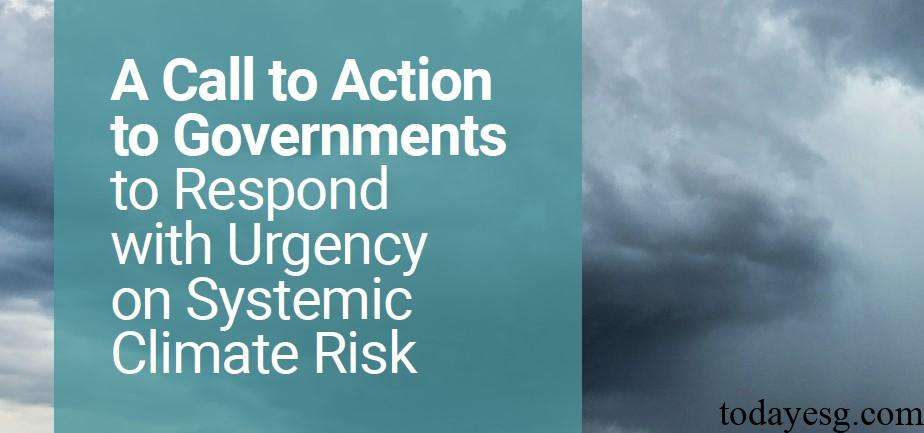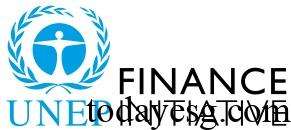Address Systemic Climate Risks
The Net Zero Asset Owner Alliance (NZAOA) releases a document calling on countries to take action to address systemic climate risks and accelerate the global net zero transition.
The Net Zero Asset Owner Alliance is composed of 88 institutional investors, with a cumulative asset management scale of $9.5 trillion. These investors have committed to decarbonizing their asset composition by 2050 and are closely monitoring the impact of climate on their business.
Related Post: Net Zero Asset Owners Alliance Releases Position Paper on Governmental Carbon Pricing

Necessity of Taking Actions to Address Climate Risks
The World Meteorological Organization believes that the global average temperature over the past decade has been 1.2 degrees Celsius higher than the average temperature from 1850 to 1900. 2023 is the year with the highest global temperature since 1850, and may also be the hottest year in the past 100000 years. Scientific research related to climate tipping points indicates that a temperature rise exceeding 1.5 degrees Celsius may lead to irreversible impacts. These critical points may form a tipping cascade, accelerating global warming. The current cost of mitigating and adapting to climate change is far lower than the impact of inaction.
According to current policies, global temperatures are expected to rise by 2.4 to 2.6 degrees Celsius by the end of this century. Based on the current trend of carbon emissions, the global warming limit of 1.5 degrees Celsius may be exceeded within the next decade. In order to address climate change and reduce the risks faced by the economy and financial system, the world needs to take action to accelerate the response to systemic climate risks.
Recommendations by Net Zero Asset Owner Alliance
In recent years, more policies are being implemented globally towards net zero emissions, which can help institutional investors price and assess climate risks more accurately. As the next round of Nationally Determined Contributions under the Paris Agreement expires in 2025, policymakers need to continue committing to and implementing actions that align with the 1.5 degree Celsius warming pathway to reduce systemic climate risks and provide certainty and stability for investors’ businesses.
The Net Zero Asset Owner Alliance calls on countries to take the following actions:
- Take systematic measures to increase the supply of low emission and zero emission energy, considering the impact of low-carbon transition on labor force.
- Design and implement appropriate and fair carbon pricing mechanisms, which are aligned with the Paris Agreement.
- Implement a clear transition framework, provide net zero targets, action plans, and commitments, and increase net zero investment.
- Expand the scale of mixed financing and promote global capital flows to emerging markets and developing economies that are vulnerable to the impacts of climate change.
Reference:
Call to Action to Governments to Respond with Urgency on Systemic Climate Risk
ESG Advertisements Contact:todayesg@gmail.com








